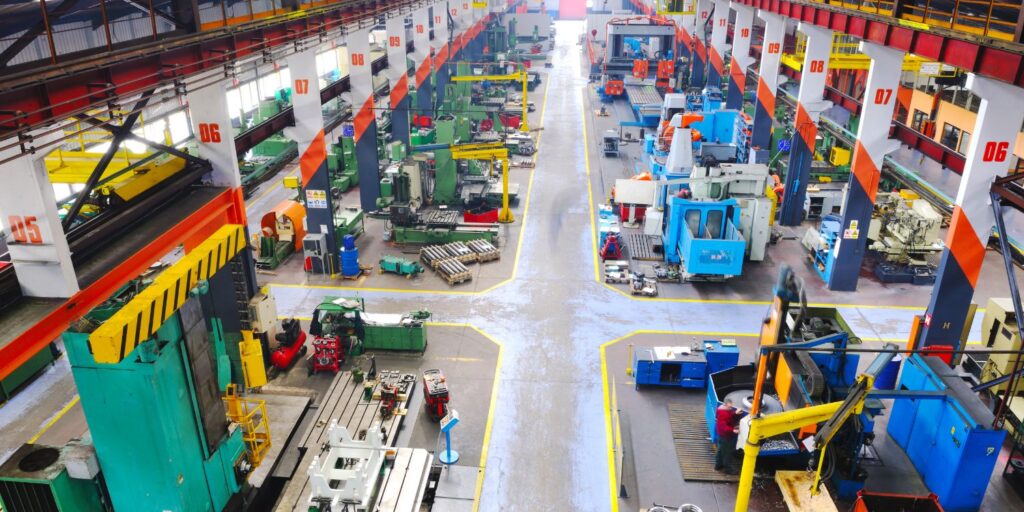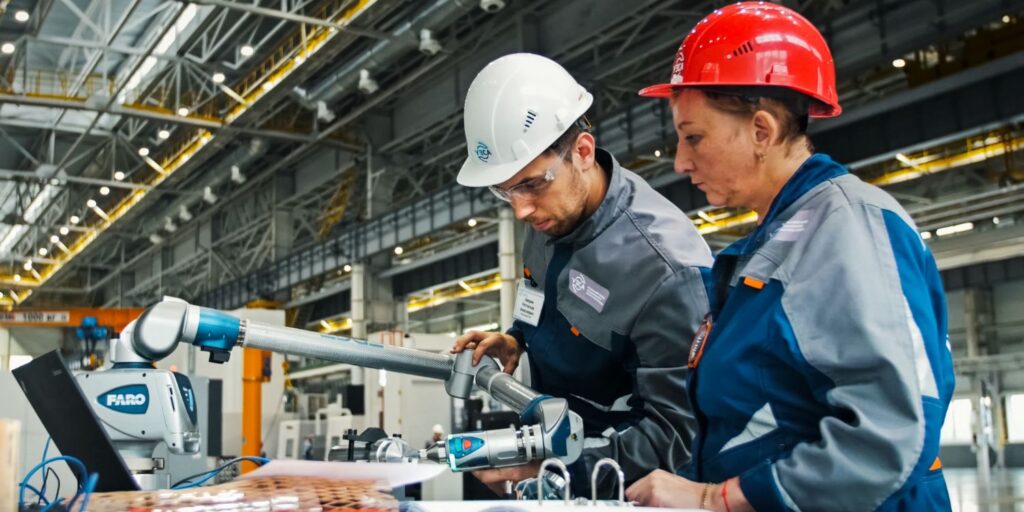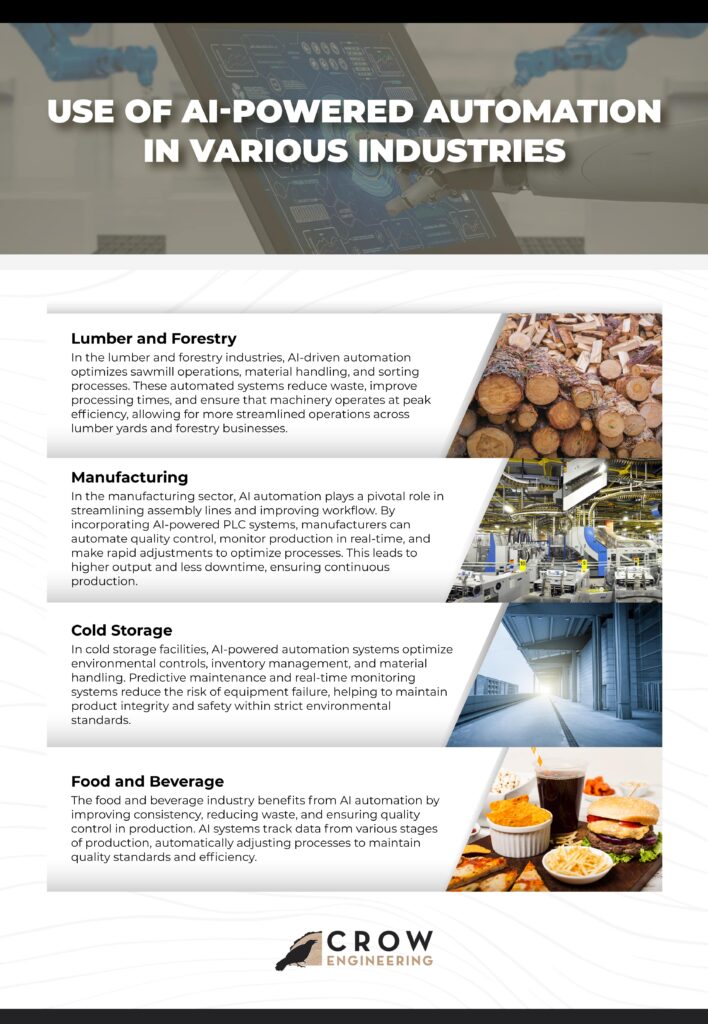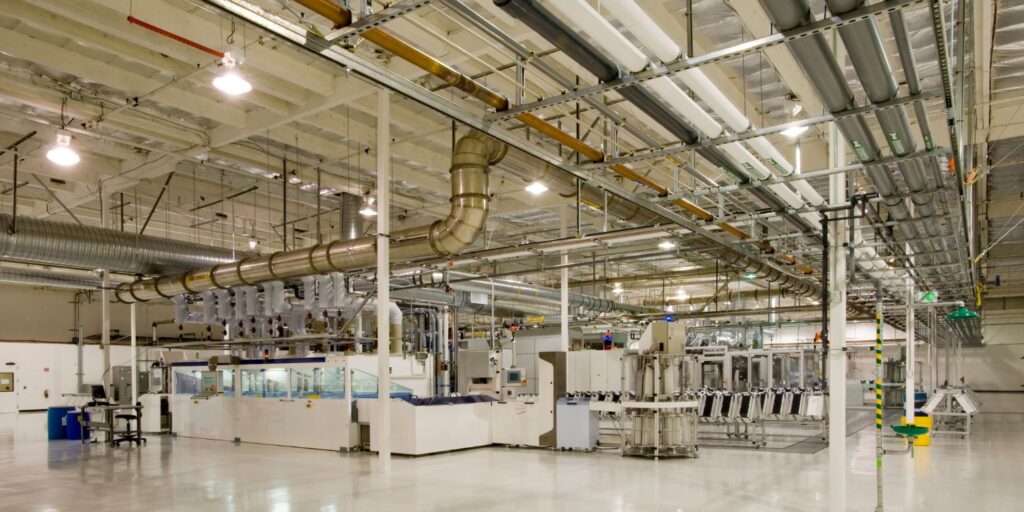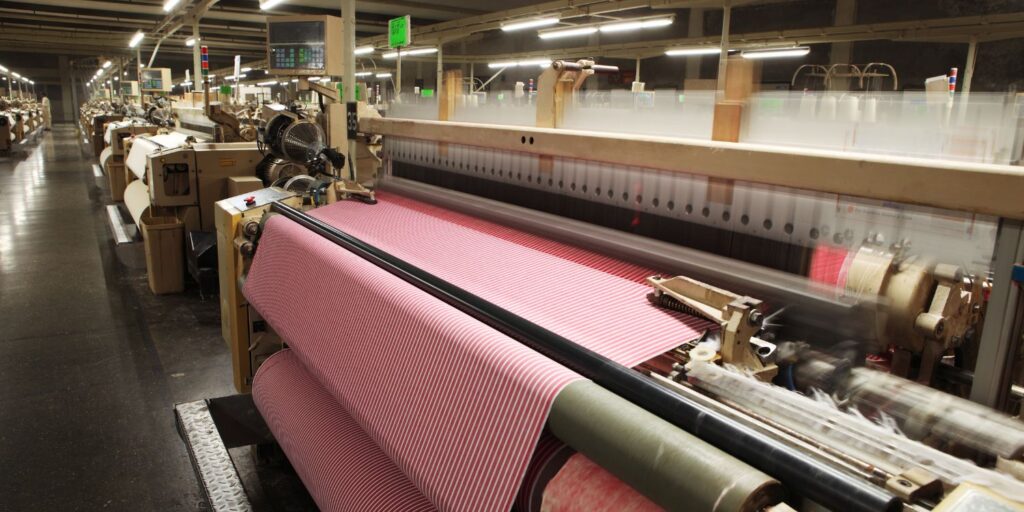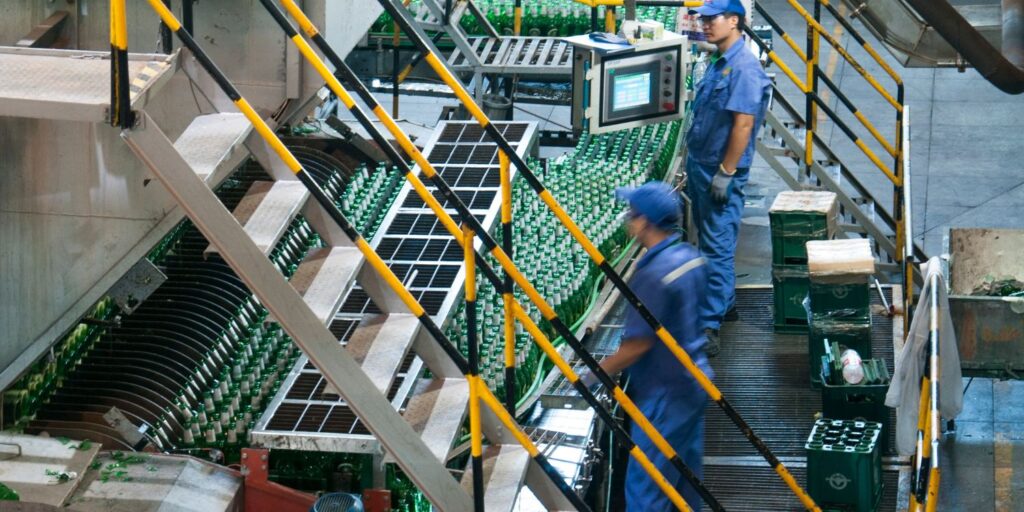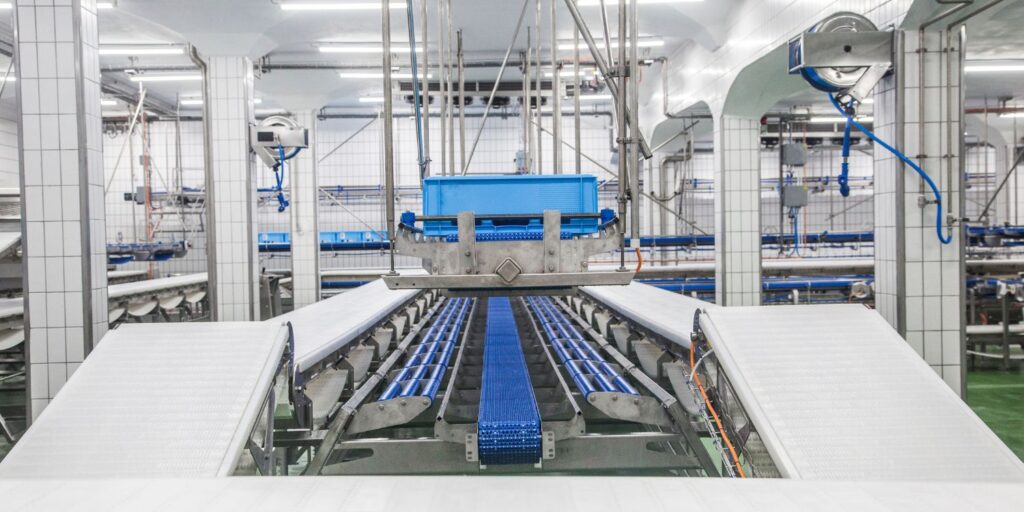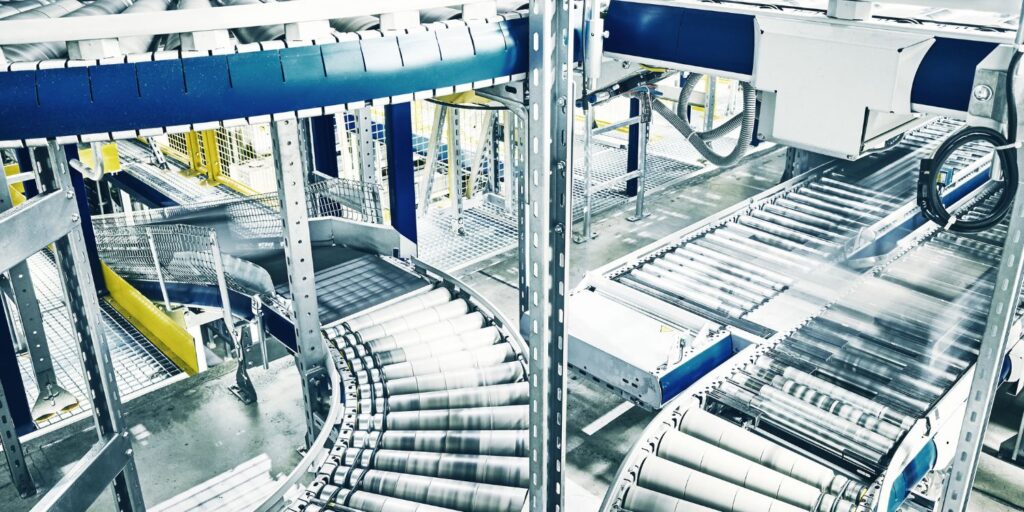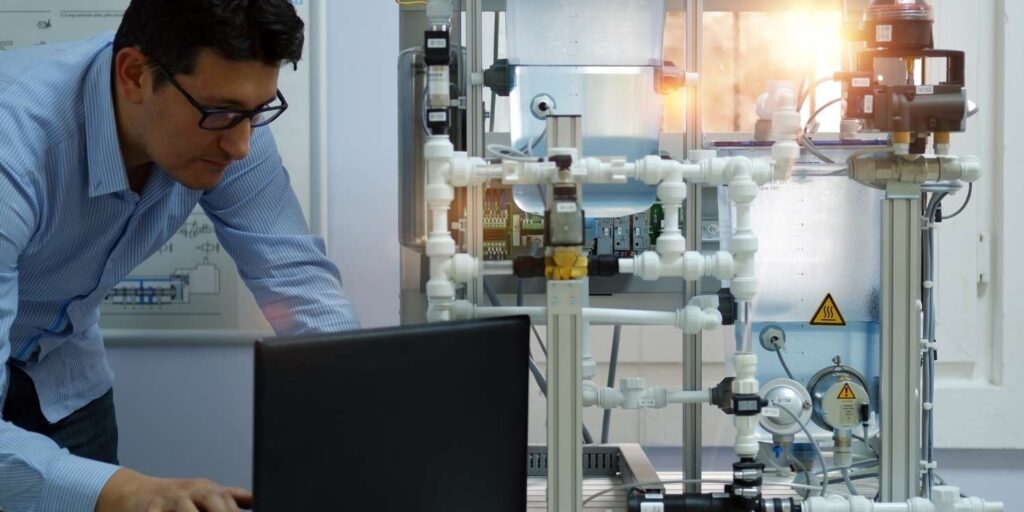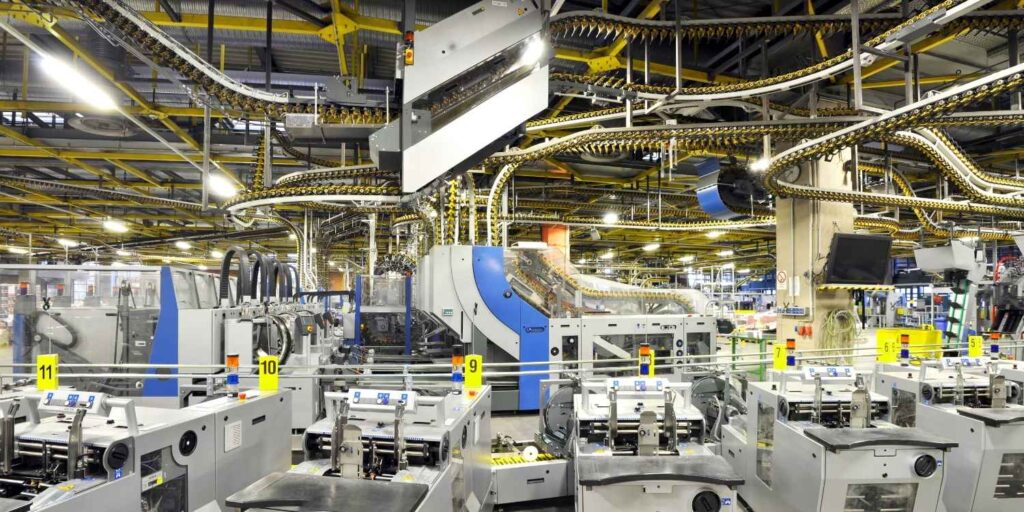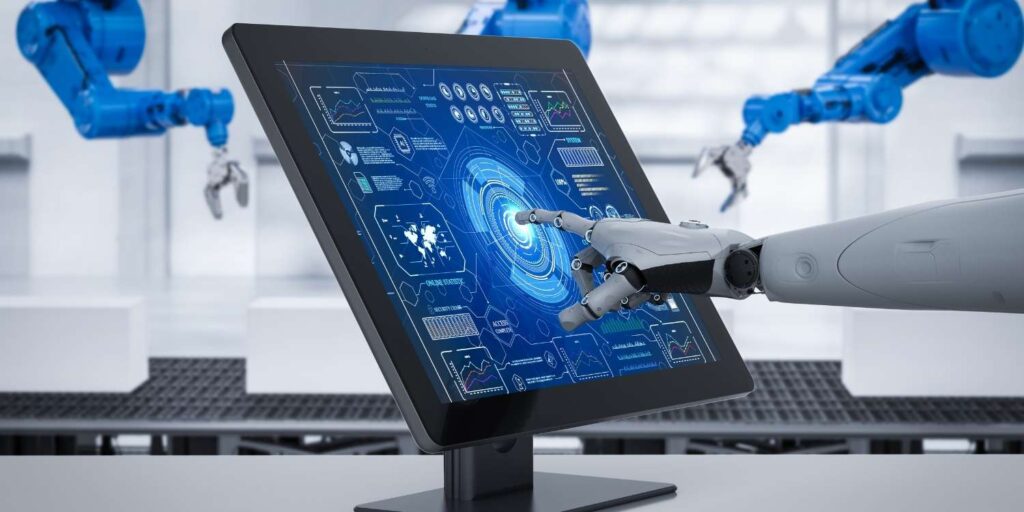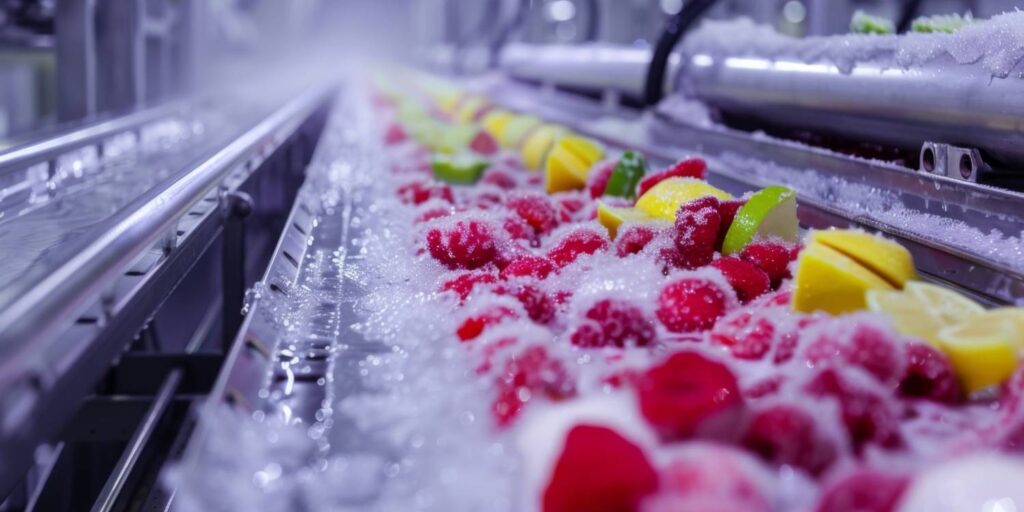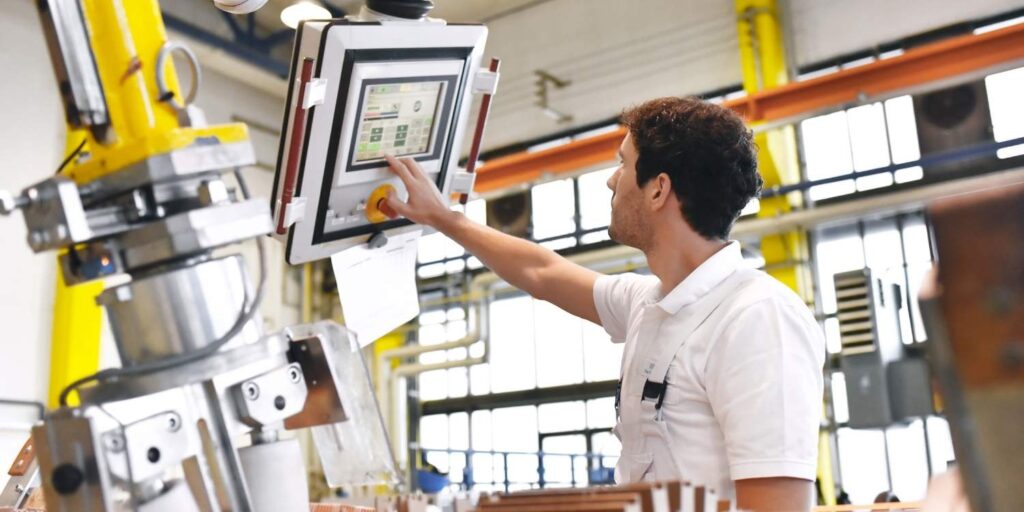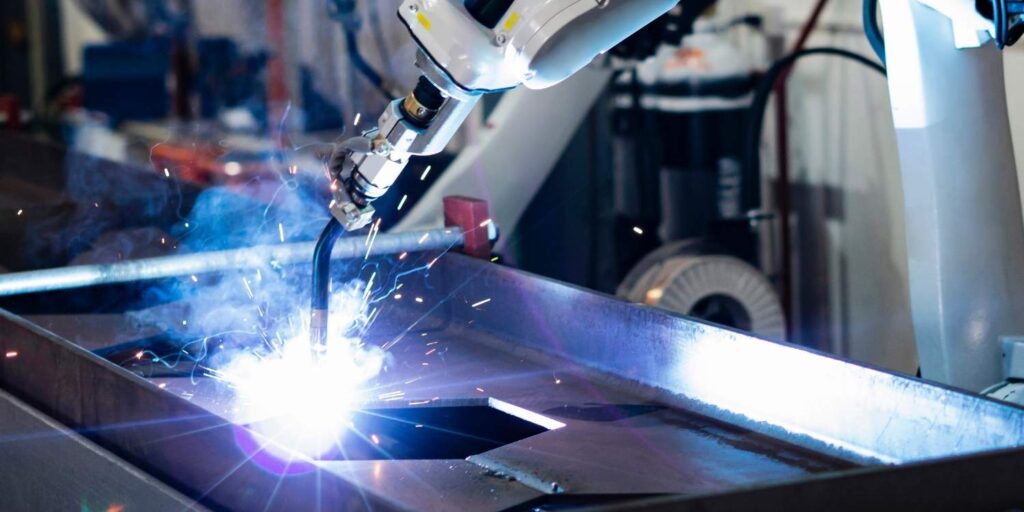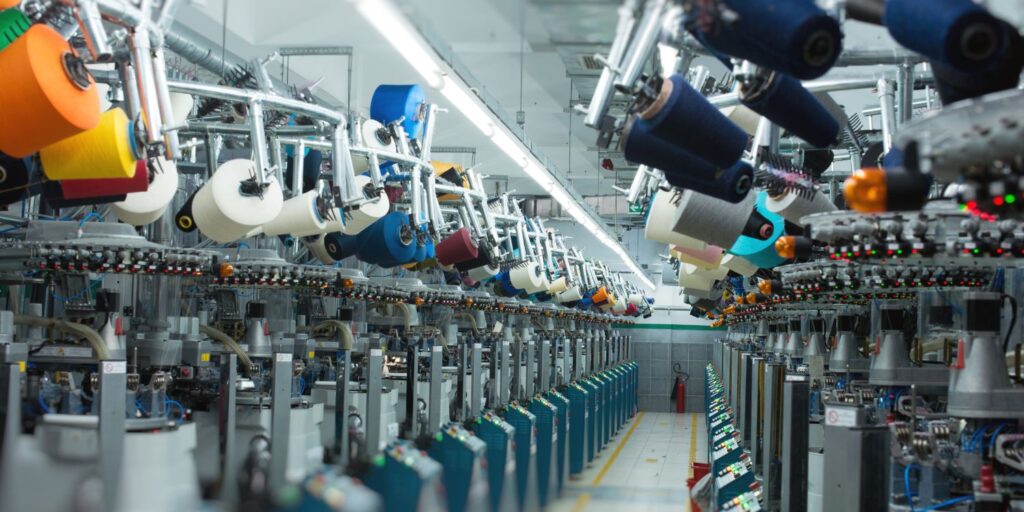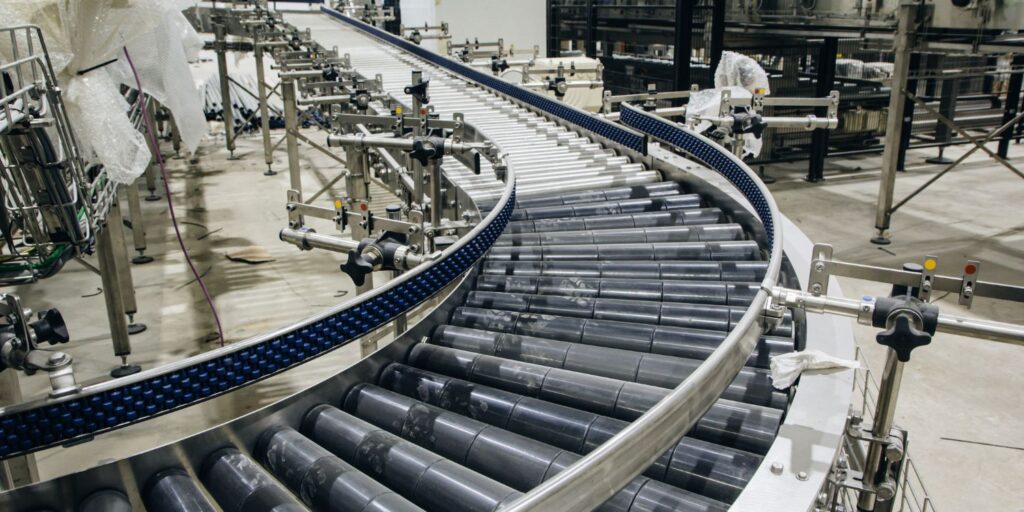Material handling involves the movement, protection, storage, and control of materials throughout the production process in industrial and manufacturing settings. It is a crucial element of operations, ensuring the efficient flow of raw materials, components, and finished products between various stages of production. Optimizing material flow with automated industrial machinery is an important part of any plant layout design to achieve maximum process efficiency.
The Importance of Automated Industrial Machinery
Manual handling processes can introduce delays, inefficiencies, and safety risks that hinder productivity. Automating material handling systems helps resolve these challenges by leveraging technologies like conveyor systems, robotic handling, and automated guided vehicles (AGVs). These systems manage material flow more effectively, eliminating excessive manual labor, minimizing human error, and reducing production bottlenecks.
Achieving Greater Efficiency and Safety
Implementing automated material handling solutions leads to significant gains in productivity, efficiency, and safety. These systems optimize the flow of materials, leading to faster production cycles, reduced downtime, and enhanced operational continuity. As a result, manufacturers can consistently meet production targets while improving overall process efficiency. Consider the possibilities with automated industrial machinery and equipment to realize the maximum benefits of any process optimization.
Core Components of Material Handling Automation
Automated Conveyors
Automated conveyor systems are foundational to modern material handling automation, streamlining the movement of materials within production facilities. By automating material transfer, conveyors ensure a consistent and uninterrupted production flow, reducing bottlenecks and manual intervention. These systems are vital in both manufacturing and warehousing operations, where the efficient movement of goods is critical to maintaining productivity.
To optimize their function, conveyors often integrate sensors and programmable logic controllers (PLCs) that provide real-time monitoring and control. These technologies ensure smooth operation by adjusting speeds, detecting potential issues, and coordinating with other systems on the production line.
Robotic Systems
Robotic systems have become an integral part of material handling automation, offering enhanced precision and flexibility. Robots can sort, pack, and move materials with minimal human intervention, which not only increases throughput but also improves safety by taking over repetitive and hazardous tasks. In high-volume production environments, robotic systems dramatically reduce manual labor, ensuring a higher level of accuracy and consistency.
Integrating robotic systems into your operation can lead to significant workflow improvements. Crow Engineering provides advanced solutions in Machine Automation, including robotic systems and conveying solutions that adapt to specific production requirements, optimizing both efficiency and safety.
Automated Guided Vehicles (AGVs)
Automated guided vehicles (AGVs) are mobile robots designed to transport materials between production stations, warehouses, and storage areas. AGVs can follow pre-programmed routes or dynamically adjust to changing environments, making them ideal for flexible and evolving production processes.
AGVs are highly effective when integrated with existing control systems and production line layouts, ensuring seamless material flow between different areas of a facility. Crow Engineering’s expertise in Production Line Layout design ensures that AGVs function as part of an optimized system, contributing to smoother operations and greater overall efficiency.
Benefits of Automating Material Handling Systems
Increased Operational Efficiency
Automating material handling systems allows businesses to eliminate delays caused by human error, maintain accurate material movement, and ensure a smooth production flow. By automating manual processes and efficiently utilizing conveying systems, companies can optimize their operations and significantly boost productivity.
Reduction in Labor Costs
Automation reduces the need for human labor in repetitive and physically demanding tasks, leading to a significant reduction in labor costs. By automating material handling, industries like manufacturing, distribution centers, and warehousing can lower their dependence on manual labor while minimizing the risk of workplace injuries. This cost-effective solution not only enhances productivity but also fosters a safer work environment for employees.
Improved Workflow and Productivity
Automated systems improve the speed and consistency of production by eliminating bottlenecks and allowing materials to move efficiently throughout the production process. Implementing conveyor and transfer engineering is an important part of integrating cutting-edge automated systems that help streamline production lines, boost workflow, and optimize overall productivity.
Real-time Data Monitoring and Predictive Maintenance
Automated material handling systems have sensors and data collection tools that provide real-time insights into material flow and equipment performance. This allows for the proactive identification of potential issues before they become critical, enabling predictive maintenance to reduce downtime. Crow Engineering helps companies implement PLC Control Systems for continuous monitoring of automated material handling systems with capabilities for dynamic adjustments to achieve optimal performance.
Enhanced Safety
Automating material handling not only improves workflow but also enhances safety by reducing the need for human intervention, especially in hazardous environments. Built-in safety features such as emergency stops, interlocks, and obstacle detection protect workers and ensure operational safety. It is important to integrate robust safety features into automated systems to ensure full compliance with industry standards.
Customization and Integration Expertise
Crow Engineering excels in creating custom material handling automation solutions to meet each client’s specific needs. Crow engineers are skilled at integrating advanced machine automation technologies across various industries and applications. Our integrations maximizes output, reduces manual intervention, and enhances operational efficiency.
Crow helps clients to seamlessly integrate automated systems into existing production lines, minimizing disruptions while achieving peak efficiency. We offer industry-specific, customized solutions with automation systems designed to provide maximum ROI with flexibility and scalability for the future.
Crow Engineering specializes in delivering custom material handling automation solutions that boost operational efficiency and productivity. Our expertise in conveyor systems, Ai, robotics, and PLC solutions ensures seamless integration with existing production lines. Contact Crow Engineering today to learn how to transform your material handling processes with automated industrial machinery.
Who are we?
Crow Engineering is a multi-discipline consulting engineering firm serving mechanical, structural, and civil engineering needs for a variety of industries.
Engineering Services
the crow connection
Recent News
The Crow Connection delivers high-level insights on engineering, automation, and process optimization, helping you drive efficiency and innovation. Covering topics like AI-powered automation, manufacturing strategies, and industrial process improvements, it’s a must-read for leaders seeking a competitive edge.
























